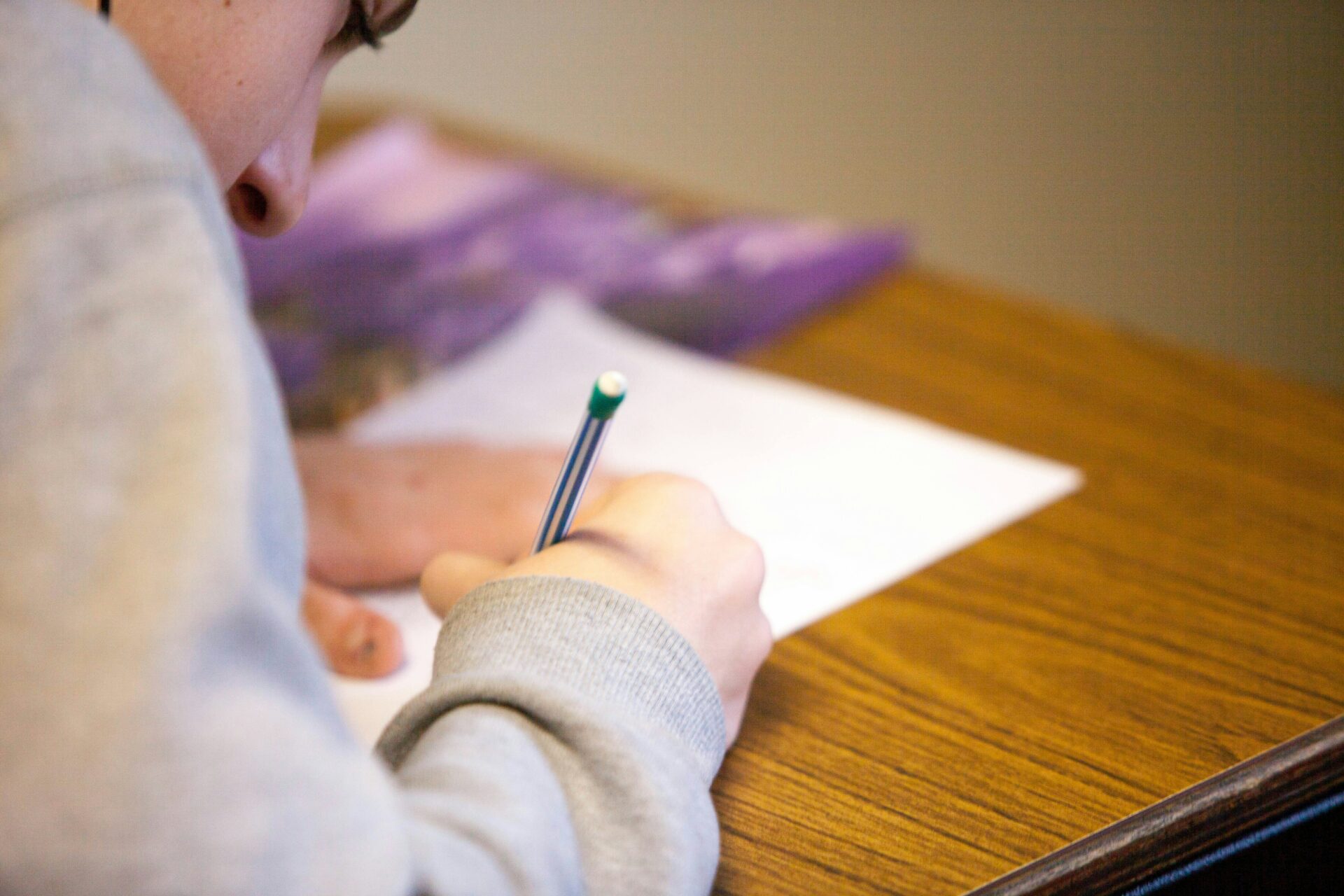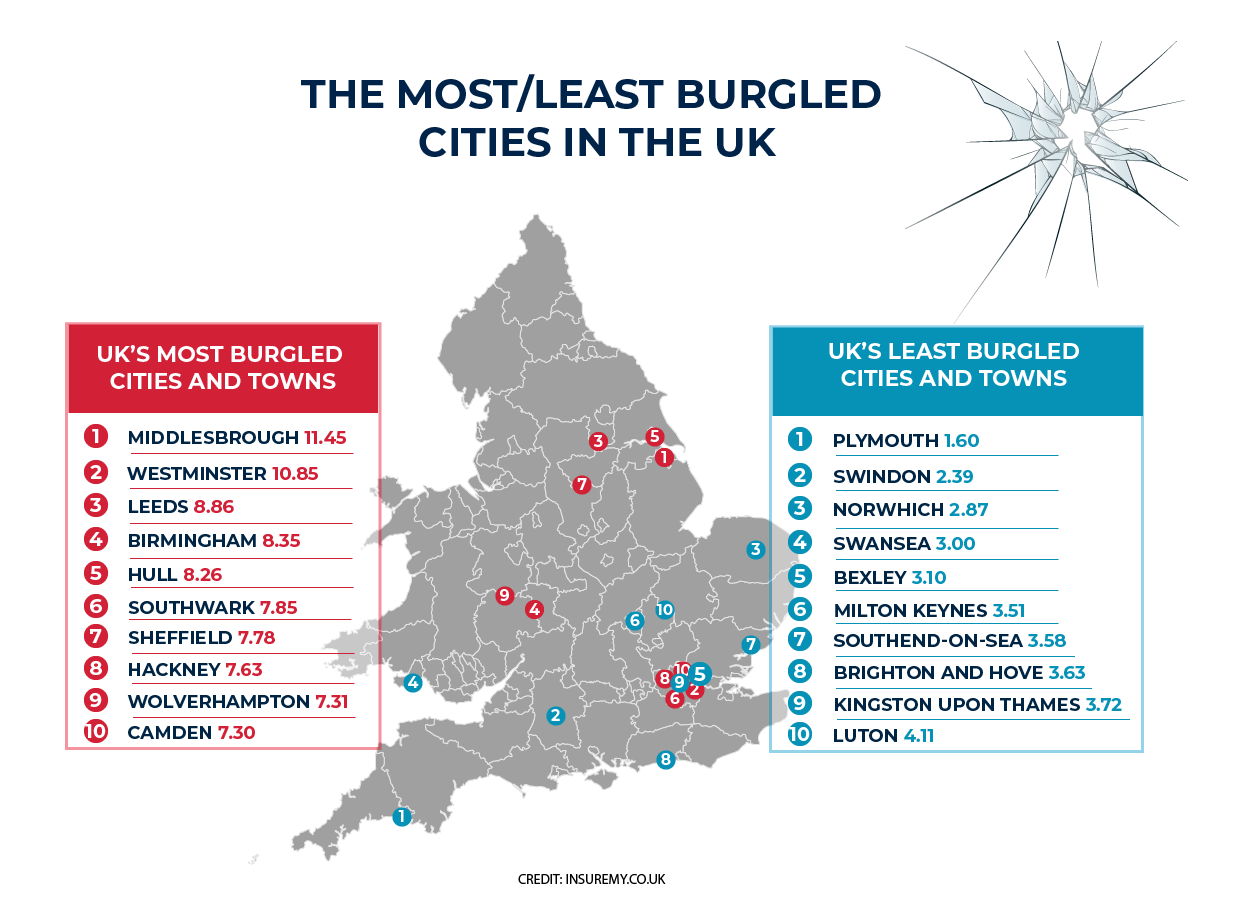-
A new report by FindTutors, in collaboration with GoStudent, reveals that students in the UK are struggling more than ever with exam-related stress.
-
This finding follows a dramatic rise in anxiety referrals for children since before the pandemic.
-
As Stress Awareness Month concludes, parents are being encouraged to support their children during one of the most high-pressure times of their academic lives.
According to private tuition provider FindTutors, stress management is the most critical life skill that students in the UK are not learning – a concern echoed by many parents nationwide.
The insight comes from the upcoming Education Report conducted by FindTutors and GoStudent, set for release in May. The report surveyed 1,000 parents and guardians across the UK for their views on the national education system and exam culture.
With exams looming for pupils of all ages, rising stress levels linked to revision and performance pressure continue to impact mental wellbeing – despite awareness campaigns like April’s Stress Awareness Month promoting better stress-coping strategies.
A 2024 report by the Association of School and College Leaders revealed that 77% of secondary school teachers have seen students in Year 11 experience mental health struggles linked to exam stress. NHS data supports this growing concern, showing that referrals for anxiety among children have more than doubled compared to pre-pandemic levels.






